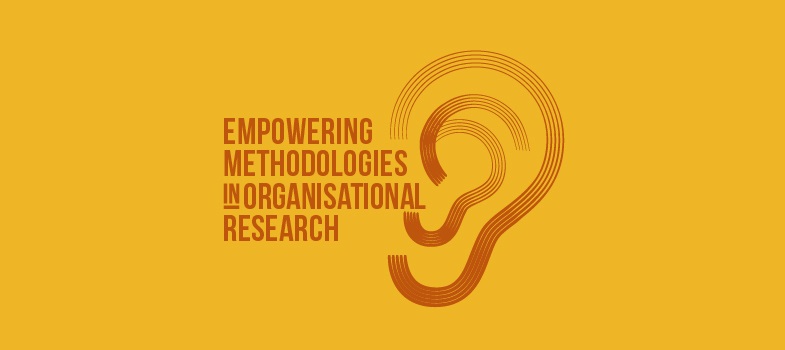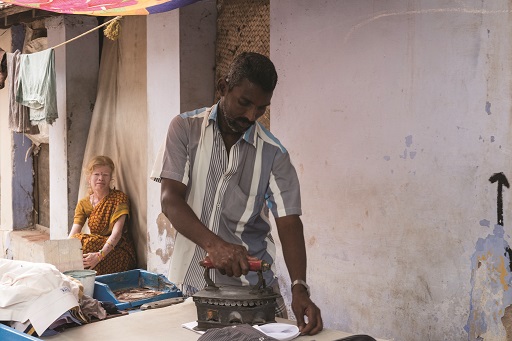4 Reflexivity, trust and voice
Introduction
Research fieldwork requires careful preparation and negotiation with participants and any other relevant stakeholders. Being embedded in the
- gain access to the field
- build trust with participants
- enable participant voices to be heard and brought to the fore in research.
Access to the field in a research project requires careful consideration prior to entering the research setting. Beyond the practicalities of meeting participants or negotiating and agreeing access, the researcher should consider the
Cunliffe defines reflexivity as ‘questioning what we, and others, might be taking for granted – what is being said and not said – and examining the impact this has or might have’ (2016: 741). It requires researchers to challenge their assumptions, decisions, actions and interactions (Cunliffe, 2016). Manning (2018) continually questions her
Watch the following slideshow, which shows a ritual in which local officials, farmers and visitors in the Navdanya community planted nine varieties of seeds in the community garden to acknowledge Earth Day, researched by Avilasa Sengupta, a researcher on the project team. Use the arrows to scroll through the pictures.
Through this sharing practice, visitors learn from the farmers about the importance of connection to the land, and by participating, they engender the community’s trust in them. It is an example of the intersubjective nature of developing cross-cultural understandings. By thinking and acting intersubjectively, researchers can see beyond considering participants as research subjects, and see themselves also as participants. Management and organisational research is relational, so qualitative researchers cannot separate themselves from the participants (Cunliffe, 2016). For a researcher to participate in the everyday of the field is a process of
By acting in such self-reflexive ways, researchers can embed themselves in everyday routines and gain a mutual sense of belonging. This builds trust between the researcher and other participants, which could enable greater access to knowledge and deeper understandings of how participants make sense of their lives. Hence, through building trust and gaining greater access, the self-reflexive participant-researcher is arguably more likely to collect sufficient data to later produce findings that support their claims of understanding participants’ truths about their lives. The warrantability and reliability of a qualitative researcher’s claims are derived from their truthfulness, or
Nevertheless, as discussed in Section 3, the notion of telling other peoples’ stories is problematic because it repositions the researcher as ‘knowing’ participants: the choice of whose voices should be heard, and how they are brought to the fore of research outputs, are critical considerations. Manning discusses providing ‘space for marginalised Maya women to voice their own understanding of their gender, identity and work from within the context of their social, cultural and historical location’ (2018: 312). Through self-reflexive questioning of her own positionality, Manning sought not to legitimise her own voice over that of other participants by maintaining the contextual space familiar to the Maya women; hence their agency and voice came to the fore (2018). Any presumption that researchers should or could ‘give voice’ to participants is flawed, but making space in which participants make their voices heard is an empowering approach. This reasserts the notion of the researcher as learner, and implies a need to listen – not in order to deliver solutions to participants, but to raise awareness of their struggles. ‘Being reflexive doesn’t give us definitive answers to problems but highlights the need to engage in critical questioning and deeper debate around taken-for-granted issues that have potential moral and ethical implications’ (Cunliffe, 2016: 745).


